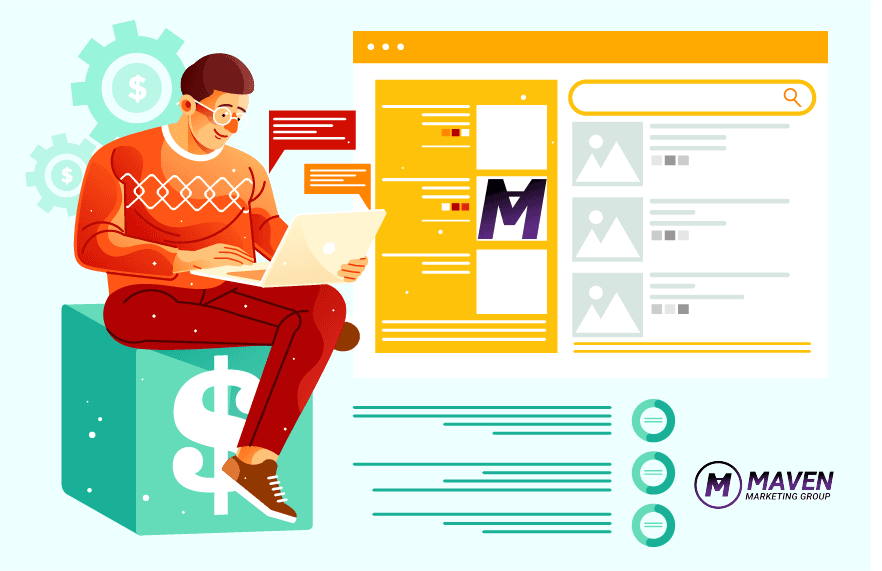
In building a digital presence, many consider websites to be a standard way to identify and grow their business. In fact, your website may be one of the most important assets you have for driving online sales and customers.
But what if the website itself could be a revenue-generating machine?
What if, instead of being a cost center, your website could be a profit center?
It sounds too good to be true, but it is possible. The world of website buying has grown in recent years, with the rise of ad revenue and the popularity of website flipping as an online business.
When buying a profitable website, you are not only taking ownership of digital real estate – you are starting the path toward passive income. Owning websites that generate income on a regular basis can provide you with a fast track to financial freedom.
Of course, as with any investment, there are risks involved in buying websites. But if you do your due diligence and choose wisely, the rewards can be great.
In this guide, we will walk you through everything you need to know about buying and selling websites. We will explain the current market for website buying, the benefits of investing in a website, and how to find and purchase a site that fits your needs using a website broker or website marketplace.
So, if you are ready to take the leap into website ownership, let’s get started!

When it comes to online businesses, there are a few ways to make money. You can create and sell your own products, provide a service, or own a website that generates income through advertising or other methods.
Of these three options, owning a website is often the most passive way to make money. Once you have purchased a website that is already generating revenue, the work is done – you simply need to maintain the site and watch the profits roll in.
There are many reasons why buying a website can be a smart investment. Here are some of the top benefits:

One of the biggest benefits of owning a website is its passive income. As we mentioned above, once a website is up and running, it requires very little maintenance to continue making money.
This means you can earn income with an online business without investing additional time or energy into the site. Creating a website that engages a high volume of web traffic can generate significant money on autopilot. We’ll go into the details of how to do this later in the guide.

Another advantage of owning a website is that it can be scaled relatively easily. If you find a successful formula for generating revenue, you can simply add more pages or content to your site to increase your earnings.
This is in contrast to other business models like product sales, which often have ceilings on how much income can be generated. With a website, the sky is the limit in terms of earnings potential.

Many people think of websites as digital real estate, and for good reason. Like physical property, websites can appreciate in value over time. If you purchase a well-built website with a strong history of generating revenue, it is likely to increase in value as time goes on. This makes website ownership an excellent long-term investment.
Buying and selling websites can be an excellent way to build your online portfolio – enabling you to boost your monthly profit and open the door to even more businesses for sale online.

Another advantage of owning a website is its flexibility. A website can be run from anywhere in the world, which means you are not tied down to one location. You can easily take your business with you wherever you go. This is one of the primary reasons many people invest in websites instead of traditional brick-and-mortar businesses.

Starting a website from scratch can be very expensive. You need to pay for hosting, domain names, design, and development – and that’s just the beginning. If you want to generate revenue from your site, you also need to invest in marketing and advertising. The cost of starting a website can quickly add up.
However, the start-up costs are much lower when you buy an already-established website. In most cases, all you need to do is pay the asking price and then continue to invest in growth and maintenance. This makes website ownership a much more affordable option for those with limited budgets.
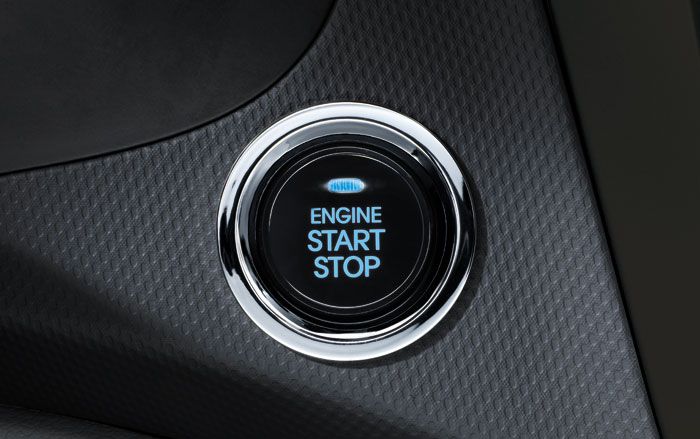
You are essentially getting a turnkey operation when you buy an existing website. The site is already up and running and has a proven track record of generating revenue. This takes a lot of the guesswork out of starting a new business and allows you to hit the ground running from day one.
Of course, there are also some risks to consider before you purchase a website. The most important thing is to do your due diligence and research any site that you are considering buying – just like you would with other real estate purchases.

When considering buying a profitable website, it’s important to do your due diligence and research any site that you’re thinking of purchasing. Here are some things to keep in mind:

One of the most important things to look at when assessing a website is its traffic and revenue numbers. You want to make sure that the site is generating a healthy amount of traffic and that it is making a good amount of money. You can use tools like Google Analytics to get this information.
A great reference to this is “The Best Web Management Tools for Small Businesses“.

Another thing to look at is the age and history of the site. You want to make sure that the site has been around for a while and that it has a good track record of generating revenue. You can use tools like Archive.org to check a website’s age and history.

Another vital thing to look at is the design and functionality of the site. Make sure that the site looks professional and that it functions smoothly. You can use tools like W3Schools to check a website’s design and functionality. The site should be mobile-friendly and load quickly – and be built on a strong hosting platform.

Another thing to look at is the social media presence of the site. Make sure that the site has a strong presence on social media networks like Facebook, Twitter, and Instagram. This will help you gauge how popular the site is with consumers.
For more insight on Social Media Advertising be sure to check out “Social Media Advertising – The Secret Key to Marketing” in the Maven blog.
Finally, you should check online reviews of the site before making your purchase decision. This will give you an idea of what people think of the site and how satisfied they are with its performance.
The last thing you want is to inherit issues from previous business owners. You can use sites like TrustPilot to read online reviews of websites.
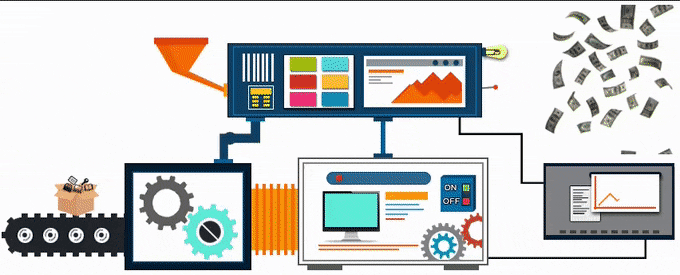
Now that you know what to look for in a profitable website, it’s time to walk through the process of actually buying one. Here are the steps that you need to take:

Remember that you are buying this website as a business strategy. And with any good business strategy comes specific goals.
What are your goals for this website?
Do you want to generate a certain amount of revenue?
Do you want to grow the site’s traffic by a certain percentage?
Do you want to improve the site’s conversion rate?
Do you want to enhance the values to sell websites in the future?
Having measurable goals is a crucial part of any business strategy, so make sure that you know what yours are before moving forward with a purchase. The specific goals you set for buying and selling websites will inform what sites you should be looking at and the due diligence you need to do.

Once you know your goals, it’s time to start researching potential sites that fit your criteria. But rather than jumping online and looking for websites for sale, it’s a good idea to start by knowing the available tools to help with your research.
Some of the best tools to use when buying and selling websites include:
Flippa: Flippa has grown to become one of the top marketplaces to buying and selling websites. You can use the site to find a wide variety of websites that fit your criteria. Flippa will take a broker’s fee of 10% on successful sales.
Empire Flippers: Empire Flippers is a marketplace specifically for buying and selling established, high-value websites. The site has a wide variety of high-quality websites for sale, but you can expect to pay a higher price for these sites. Empire Flippers will take a broker’s fee of 15% on successful sales under $1 million.
MicroAcquire: Buying smaller SaaS sites that require just a bit of work can be a great way to get started in the space. MicroAcquire helps connect technical buyers with site owners who are looking to cash out. There is no broker’s fee; you simply pay the agreed-upon purchase price for the site.
Exchange: Exchange was built to provide e commerce shop owners with a way to buy and sell store websites. You need a Shopify account to list or buy on Exchange, but it’s a great way to niche down into the eCommerce world. Like MicroAcquire, there is no broker’s fee on Exchange.
Motion Invest: Affiliate websites are one of the best ways to build a profitable website portfolio. But building a successful affiliate site can be a ton of work. Why not purchase an established affiliate site instead? Motion Invest helps connect buyers and sellers of affiliate sites. The platform has a wide variety of high-quality websites for sale, but you can expect to pay a higher price for these sites. Motion Invest will take a broker’s fee of 20% on successful sales.
These are just a few of the many places where you can find websites for sale. Before you start browsing, read the fine print on any broker site you use. Each site has its own rules and regulations for how buyers and sellers can interact, so you’ll want to be familiar with these before you start looking at listings.
You can also do your own research on sites in a particular niche or industry that you’re interested in. This will require a bit more heavy lifting on your end, and you’ll likely have to reach out directly to the site owner to inquire about a sale. But if you’re interested in a particular site, it’s worth doing your own due diligence to see if the owner is open to selling.

Once you’ve found a few potential sites that fit your criteria, it’s time to start evaluating their potential. This is where the due diligence process comes in. You’ll want to look at a variety of factors to get a clear picture of what the site is worth and whether it’s a good fit for your goals.
Some of the factors you’ll want to consider include:

If you’re unfamiliar with the platform, is it something you’re willing to learn? If not, it may not be worth your time. For instance, websites that are built on WordPress offer some of the greatest flexibility and are relatively easy to work with, even if you’re not a web developer. We go into greater detail on this topic in “Making a Website for a Small Business“. On the other hand, websites that are built on custom platforms can be more challenging to work with and may require the help of a developer to make changes.

Generally speaking, older sites will have more established traffic patterns and will be easier to monetize. However, older sites may also come with more baggage in the form of outdated design or technology. It’s up to you to decide whether the site’s age is a deal-breaker. In general, websites that range in the 2-5 year range are a good sweet spot.

This is one of the most important factors to consider when evaluating a website. Take a close look at the site’s traffic patterns over the past few months.
Is the traffic consistent?
Have there been any significant spikes or dips?
How much traffic does the site get in a day, week, or month?
You can use free tools like Google Analytics to get a clear picture of the site’s traffic. If the site doesn’t have Google Analytics or a similar tracking system already installed, that’s a red flag. You can also use tools such as SimilarWeb or Alexa to get an estimate of the site’s traffic. Just keep in mind that these tools aren’t always 100% accurate, especially if you aren’t the owner.

This ties in closely with traffic. A website may have a lot of traffic, but it’s not a good investment if it doesn’t generate any revenue. Take a look at the site’s revenue over the past few months.
How much revenue does it generate in a day, week, or month?
What is the revenue model? (Ads, affiliate commissions, etc.)
Is the revenue consistent, or are there spikes or dips?
If you’re looking at a site that doesn’t generate any revenue, you’ll want to carefully consider why that is and whether it’s something you can change. For example, a site that relies heavily on ads for revenue may just need to be reconfigured to generate more clicks. On the other hand, a site with no revenue model is a bigger risk and will likely require more work to monetize.
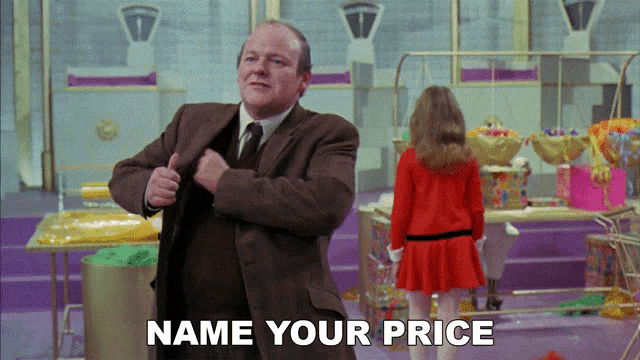
In addition to looking at the site’s revenue, you’ll also want to take a close look at its costs. This includes hosting, domain names, and other recurring costs.
How much does it cost to keep the site running each month?
Are there any one-time costs that you’ll need to factor in?
You’ll also want to consider the time commitment required to keep the site running. For example, a site that requires daily updates will take more time than a site that only needs to be updated once a week.
The quality of the content: This is another essential factor to consider, especially if you’re planning on keeping the site’s existing content. Take a close look at the quality of the articles, videos, or other content on the site.
Is the content well-written?
Is it accurate and up-to-date?
Does it provide value to the reader?
Will the content pass Google’s EAT algorithms and not get penalized?
If the content is poor quality, it will be challenging to rank in Google, which means less traffic and less revenue. On the other hand, if the content is high-quality, it will be easier to rank and will attract more readers.

The design of the site is also important, both for the user experience and for search engine optimization (SEO).
Is the design clean and modern?
Is it easy to navigate?
Does it look trustworthy?
Is the code well-written and free of errors?
A well-designed site will be easier to monetize and will generate more revenue. On the other hand, a poorly-designed site will be more difficult to monetize and will likely lose potential customers. If the site is a professionally built site, it will have superior design.
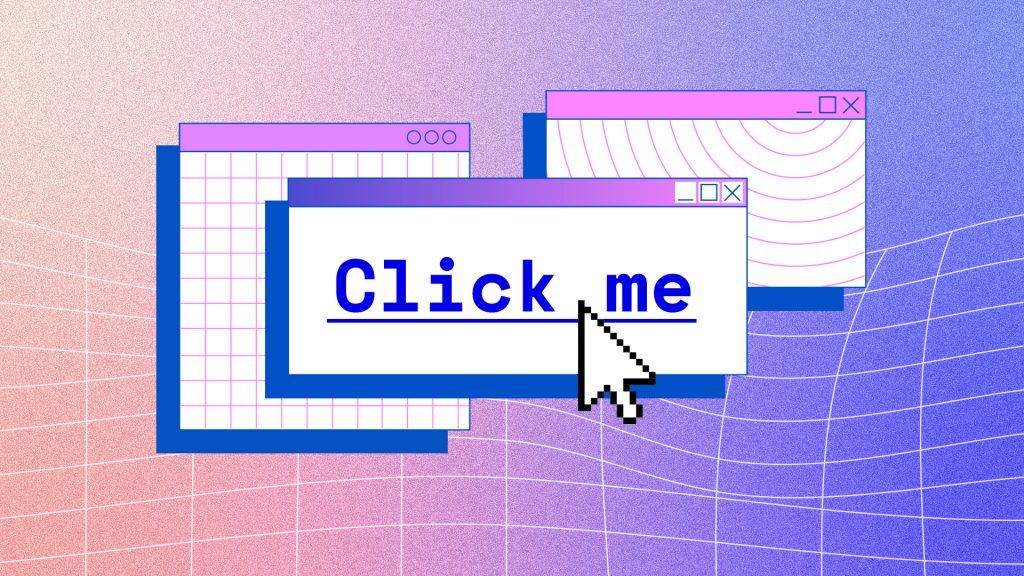
The final factor to consider is the site’s link profile. This refers to the number and quality of links pointing to the site.
How many backlinks does the site have?
Where do the backlinks come from? (High-quality websites, directories, etc., or low-quality websites, spammy directories, etc.)
What is the site’s PageRank?
A site with a strong link profile will be easier to rank in Google and will get more traffic. This is going to be essential for a site that relies on organic traffic for revenue. On the other hand, a site with a weak link profile will be more difficult to rank and will get less traffic.

Once you’ve found a few potential websites that meet your criteria, it’s time to start making offers. When making an offer on a website, return to the analysis you built above to help you determine what the site is worth.
When building a proposal to buy a website, there are a few key elements you’ll want to include:
This is the amount of money you’re willing to pay for the site. When determining the purchase price, consider the site’s revenue, costs, content quality, design, and link profile.
There are a few different payment methods you can use when purchasing a website. The most common is an upfront payment, where you pay the full purchase price upfront. Another option is to pay a deposit and then make payments over time, similar to a mortgage.
This is the date on which you will take ownership of the website. This is usually done through a process called Domain Name System (DNS) propagation, which can take up to 48 hours.
This is the legal document that outlines the terms of the sale. Be sure to have an attorney review the agreement before you sign it.
An escrow service is a third-party company that holds the funds in the event of a dispute. This is typically used when there is a large sum of money involved in the buying and selling transaction.
Once you’ve built your proposal, reach out to the website owner and make your offer. If they accept your offer, congrats! You’ve just bought a website. If they reject your initial offer, don’t be discouraged. Try and find out their asking price. You can always negotiate until you reach an agreement.

With the keys in hand, you may now be thinking, “Now what?”
Once you’ve taken ownership of your new website, there are a few things you can do to help increase its profit potential:
One of the best ways to improve a website’s revenue is to update the content. This can be as simple as adding new blog posts or products, or as complex as redesigning the entire site. However, be aware that any massive changes to the site’s design or content could result in a drop in traffic and revenue. Therefore, it’s essential to test any changes on a small scale before implementing them site-wide.
Another way to improve a website’s revenue is to improve the user experience. This can be done by simplifying the navigation, improving the design, or adding new features. Once again, it’s important to test any changes on a small scale before implementing them site-wide. The better the content and UX, the more likely you can resell your new online businesses with a higher-end website broker.
Finally, you can increase a website’s revenue by increasing the amount of traffic it receives. The more traffic, the better your chances to make money and boost monthly revenue. This can be done through search engine optimization (SEO), social media marketing, or paid advertising. Implement a marketing strategy for the site that aligns with the current revenue model.
“The Best Strategies to Market Your Business” is a free resource that is fully related to the three points above.


This is a difficult question to answer, as it depends on a number of factors, including the site’s age, niche, and revenue model. The key is knowing when the site may be reaching its “peak value.” Once the site has plateaued, it may be time to consider selling it.

Yes, buying and flipping websites can be a very profitable business. However, it’s important to do your research before hitting an asking price. Make sure you understand the site’s revenue model, costs, content quality, design, and link profile.

There are a number of ways to find websites that are for sale, including online marketplace and website brokers, classified ads, and auction sites. You can also reach out to website owners directly and make them an offer.

There are a few risks to avoid when purchasing a website. First, be sure to do the work and research the site before making an offer. Second, be sure to use an escrow service to protect yourself in the event of a dispute. Finally, be aware that there is always a risk that the site may not be as profitable as you hope, so be sure to have realistic expectations.

When purchasing a website, it’s essential to have realistic expectations. First, understand that it may take some time and effort to make the site profitable. Second, be aware that there is always a risk of failure. Finally, remember that the goal is to make consistent passive money, so be aware the process may not be overnight.

Finding and buying profitable websites is an excellent way to quickly make passive income. Monthly profit is one of the best ways a business can make a steady income. However, it’s essential to understand the risks involved. By creating a strategy that enables you to find and purchase websites that fit your criteria, you can be well on your way to a successful online business.
Now that you understand how to buy a profitable website, it’s time to start looking for one! Start looking for websites that match your criteria and make an offer today.
But, don’t do it alone! Let Maven Marketing Group guide you every step of the way. From web design, website management, full-scale digital marketing services, we’ve got you covered. Get in touch today to elevate your online business to new heights in this digital era!
Hope this article helps you out! If you want more advice for expanding your reach, getting leads, & growing your business — let us know in the comment section below!
Or if you’d like help implementing any of these tactics into your business – drop us a line! We’d love if you left a comment/question for us to answer below!
Will you be buying a website in the near future?
Hey, we’re Maven Marketing Group.
We’re determined to make a business
grow. Our only question is…
will it be yours?